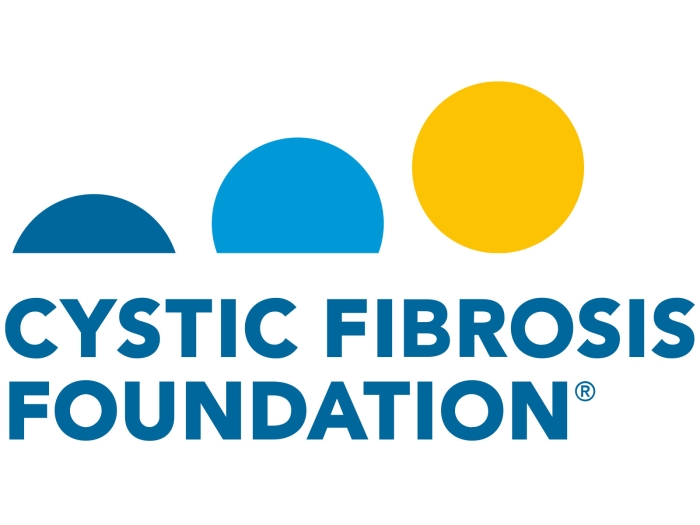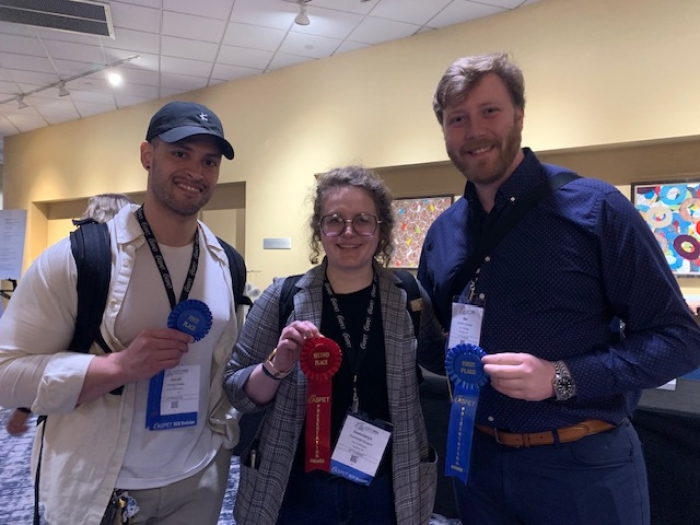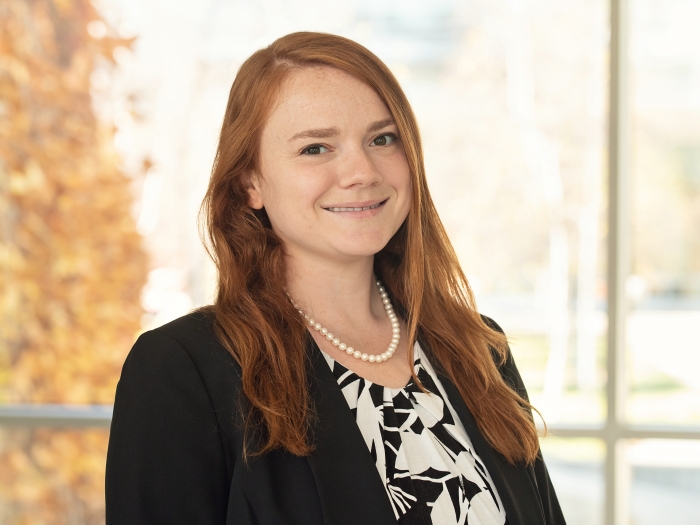Showing 1-15 of 134 results

Department News
Wenhui Wei (former graduate student in the Smrcka Lab) recently had a publication come out in AHA Journals.

Department News
Gisselle Sanchez, Ph.D. (former Ph.D. student in the Smrcka and Jutkiewicz Labs) recently had publication come out in ASPET Molecular Pharmacology.

Health Lab
A large grant for Michigan Medicine will launch important research to improve the screening and treatment for a gynecologic disorder that disproportionately impacts Black and Hispanic populations

Health Lab
On YouTube, the content recommended to kids isn’t always age appropriate, a Michigan Medicine study finds.

Health Lab
Youth with heart disease enrolled in unique program that teaches resilience and builds connections with their peers

Department News
Assistant Professor Rachel Niederer of the Department of Biological Chemistry at U-M Medical School is one of the recipients of a collaborative award from the Cystic Fibrosis Foundation.

Department News
Assistant Professor Chase Weidmann of the Department of Biological Chemistry at U-M Medical School is the 2024 recipient of the Outstanding Faculty Mentor Award from the CMB Program.

Department News
2024 ASPET Meeting Awards: Congratulations, Jacob, Gwen, and Ben!

Department News
Congratulations to Liz Jaeckel on successfully defending her dissertation

Department News
Congratulations to Dr. Paul Jenkins on his promotion to Associate Professor with Tenure!

Department News
Congratulations to Dr. Greg Tall on his promotion to Full Professor with Tenure!

Department News
Dr. Colin Greineder is promoted to Associate Professor with tenure in Emergency Medicine and to Associate Professor without tenure in Pharmacology.

Department News
Yan Zhang, PhD, Jeanne Stuckey, PhD, Markus Ruetz, PhD, Michael Cianfrocco, PhD, and Wei Cheng, PhD, have been promoted.

Health Lab
The newest version of the heparin reversal drug, described in a recent issue of Advanced Healthcare Materials, adjusted the number of protons bound to it, making the molecule less positive so it would preferentially bind to the highly negative heparin, resulting in a much safer drug.